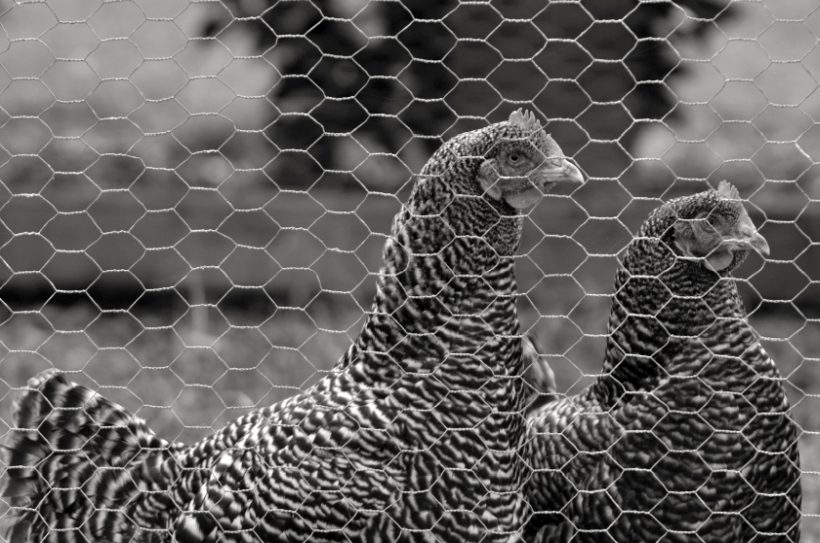
Poultry producers and keepers are being urged to remain vigilant for bird flu as the Avian Influenza Prevention Zone (AIPZ) is set to be lifted tomorrow.
The biosecurity measures, introduced across Great Britain in November 2020, were put in place to protect flocks from bird flu circulating in wild birds.
As part of the AIPZ, Keepers with more than 500 birds had to restrict access for non-essential people on their sites.
Workers also needed to change clothing and footwear before entering bird enclosures, and site vehicles had to be cleaned and disinfected regularly.
The introduction of the AIPZ came following numerous bird flu cases in kept poultry and birds in early November.
Now the risk of avian influenza in poultry with good biosecurity has been reduced to 'low', the government has confirmed today (14 May).
The requirements that were brought in as part of the AIPZ on 11 November and the additional biosecurity measures introduced on 31 March will be lifted on Saturday.
In a joint statement, Britain’s three chief veterinary officers said this would be 'welcome news' for poultry farmers and bird keepers across the country.
“We have taken swift action to contain and eliminate this disease," the chief veterinary officers said in a statement released on Friday.
"We urge all bird keepers – whether they have just a few birds or thousands – to continue to do their bit to maintain strict biosecurity measures on their premises."
All poultry and bird gatherings will also be permitted, provided organisers notify the Animal and Plant Health Agency (APHA) at least 7 days before the event takes place.
Public health advice is that the risk to human health from the H5N8 virus strain is 'low' and from the H5N2, H5N5 and H5N1 virus strains is 'very low'.
Food standards bodies advise that bird flu poses a 'very low' food safety risk for consumers, and it does not affect the consumption of poultry products including eggs.
Poultry keepers are advised to remain vigilant for any signs of disease in their birds and any wild birds, and seek advice from their vet if they have any concerns
